
Wagner's attempted coup in Russia sent wheat prices to their biggest monthly rise in eight years since the armed uprising last weekend. led to the fall of the ruble and a sharp increase in gas prices.
As traders weighed the consequences of the greatest challenge to the rule of Vladimir Putin in his 23 years in office, wheat futures rose by 3.2%.
p>
The value of the Russian ruble fell to its lowest level in almost 15 months against the dollar, while European natural gas prices rose 14% on Monday before falling again. Gas prices have jumped by about 20% this month, mainly due to long production shutdowns in Norway.
Heads could be felt around the world. Russia is forecast to become the world's largest wheat exporter this year, and any change in its supply will have a significant impact on global flows.
The increase in wheat futures means prices are now up 29% per month. The biggest increase since 2015 was also driven by the worst drought in a decade in the US Midwest, which jeopardized grain and soybean crops across the Atlantic.
Rising wheat prices — Chicago wheat futures
Despite that the uprising was short-lived, the world became a glimpse of a crisis that was narrowly avoided over the weekend.
Russian First Deputy Prime Minister Andrey Belousov said that the demand for cash in 15 regions of Russia grew by as much as 80% after Wagner leader Yevgeny Prigozhin announced his march on Moscow.
According to Belousov, the chief The chef-turned-military leader led to queues at banks, and traffic around supermarkets in some areas near Rostov-on-Don by the Black Sea skyrocketed as people hoarded groceries.
“Civil unrest in Russia over the weekend illustrates the fragility of the current Russian political environment and the importance of understanding the risks to Russian supplies from potential domestic shocks,” Goldman Sachs analysts wrote in a client letter. note.
2,706 rubles at a 15-month low
Daan Struyven, an economist at Goldman, said the ease with which Wagner drove his tanks into Rostov showed they could disrupt global oil flows.
p>
The city is adjacent to the Sea of Azov, which itself is connected to the Black Sea, one of Russia's main export hubs for offshore oil. Wagner's connections in Libya could also «block almost all» of the country's 1.1 million barrels a day of production, Goldman said, creating a situation that could create problems for the Kremlin.
«History shows that that the likelihood of a significant and sustained decline in oil supplies to Russia is closely linked to the likelihood of a major internal civil conflict that will lead to the destruction of the oil infrastructure,” analysts at Goldman warn.
«The fact that Putin mentioned what happened during the Russian Revolution of 1917 in his speech [over the weekend] suggests that the perceived likelihood of major internal upheavals at some point has probably increased.»
Race racing gas prices — Dutch TTF natural gas futures
At the same time, Russia is facing another crisis: there simply aren't enough people to keep the economy afloat.
Clemens Graf of Goldman believes that labor shortages are currently «the biggest constraint on the Russian economy.» The combination of conscription and people fleeing means that the workforce has shrunk by 1.5% since Russia's invasion of Ukraine.
In April, Putin acknowledged that the country was «not short of workers» and the economic development of Russia, Maxim Reshetnikov warned that problems with learning and productivity are becoming «questions of survival».
A report published by Russia's Yegor Gaidar Institute for Economic Policy argues that the country's labor shortage is a «deep and long-term problem» that is holding back the country's growth, and the shortage of workers now means that «there is simply no one to produce in their place.»
2706 Labor shortage in Russia
Count at Goldman Sachs says Wagner's rebellion will only make things worse. “The first reaction may be that the army will step up the search for conscripts and volunteers in a very tough job market,” he says.
This could trigger inflation, which has so far remained subdued even as unemployment has fallen. to a record low of 3.3% in April.
The head of Russia's central bank has already warned that inflation risks soaring in the coming months after Putin ordered more people to the front lines last September.
“Labour shortages are widening in many industries amid the effects of partial mobilization as businesses continue to grow in demand for labor,” Elvira Nabiullina said this month. “Proinflationary risks from the labor market are increasing. Severe labor shortages could cause productivity growth to lag real wage growth.”
Increasing wage bills and higher military spending risk fueling inflation and emptying the state treasury as the war already threatens to bleed Putin's war chest.
2706 War causes deep scarcity
Russia's deficit in the first five months of this year The Russian Finance Ministry said it was $41.9bn (£33bn), with spending up 26.5% year-on-year over the period. Revenues down 18.5%.
While rising oil prices boosted Moscow's finances at the start of the war in Ukraine, things are now in decline.
At the beginning of this month, Russia's sovereign wealth fund stood at about $153 billion, up from $175 billion at the start of the war, according to the country's finance ministry. have already blown a hole in the Kremlin's budget plans for this year, and this year's deficit is already at 117% of the annual plan.
Liam Peach, senior emerging markets economist at Capital Economics, believes Putin will be forced to drain this military budget «to pacify militaristic factions.»
He says there are «significant» long-term effects. “The Russian economy has found an equilibrium that maintains low inflation, stable balance sheets and positive growth in the face of sanctions through relatively limited military action.”
He says politicians “have not been forced to adopt policies that sacrifice this stability for the sake of war, but that may change now.»
 The failed coup of Wagner group leader Yevgeny Prigozhin highlighted the fragile political situation in Russia. Photo: Prigozhin's press office via AP
The failed coup of Wagner group leader Yevgeny Prigozhin highlighted the fragile political situation in Russia. Photo: Prigozhin's press office via AP
fiscal discipline and inflation targeting could lead to a significant weakening of macroeconomic stability in Russia.”
This does not mean that Capital Economics expects «Russia to become a full-fledged war economy.» “There are no signs that President Putin is ready to go down this path. Even so, any increase in hostilities could be met with further Western sanctions, making Russia more vulnerable to lower oil prices and weakening Russia's resilience.”
Maximilian Hess, academic and forthcoming author About Russia. of war, warns that the Russian economy could end up as isolated as its leader.
In his opinion, this is most likely to happen to economic players associated with the Russian security forces, known as security officials. “doubling down the argument that the state needs to increase its control around the world.”
“I expect consolidation in key industries and I do for a while, but while my previous chart suggested that in three or four years there will be only a few large steel companies and only one oil company — Rosneft — as a result, this can be accelerated.
This will forever change the Russian economy, he believes. “The economy will move from an authoritarian system with elements of capitalism to an autarkic system with false appearances.”

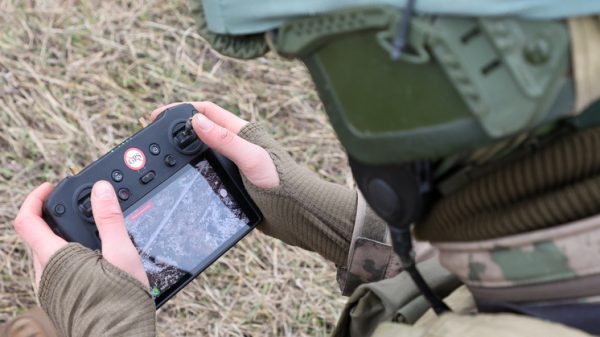
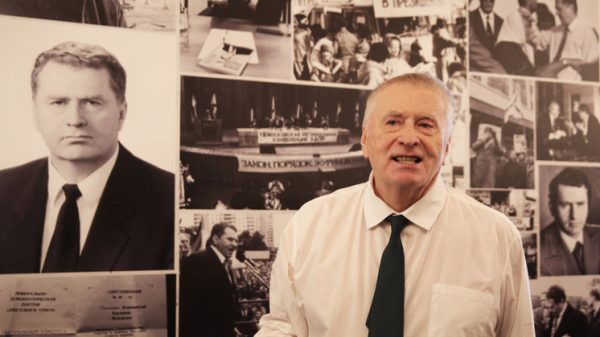









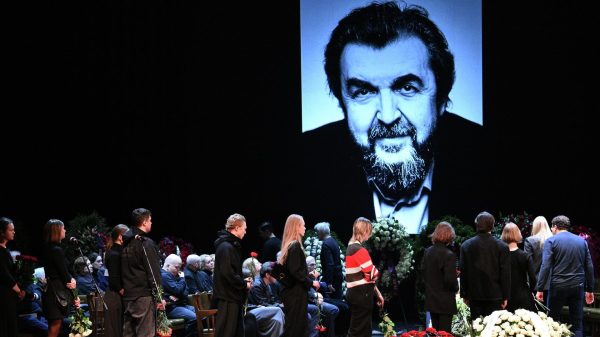

































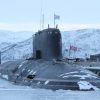


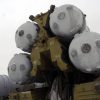


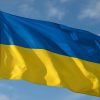





Свежие комментарии